
|

|
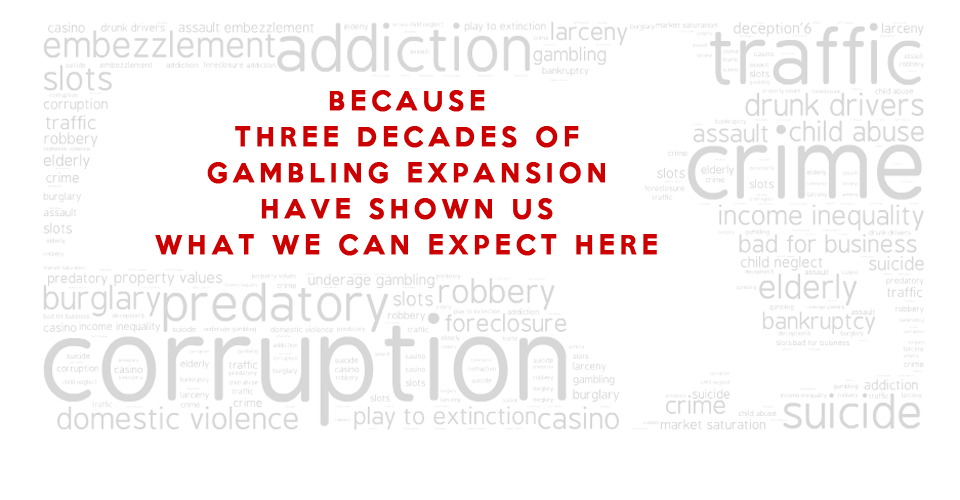
 How government-sponsored casinos contribute to economic inequality & weaken our voice in government
How government-sponsored casinos contribute to economic inequality & weaken our voice in government Embezzlement, sex trafficking, robbery, DUIs, aggravated assaults, auto thefts, burglary, domestic violence...
Embezzlement, sex trafficking, robbery, DUIs, aggravated assaults, auto thefts, burglary, domestic violence... What casinos have meant to other cities and towns - in their own words - and what they could mean for yours
What casinos have meant to other cities and towns - in their own words - and what they could mean for yours Friends with benefits
Friends with benefits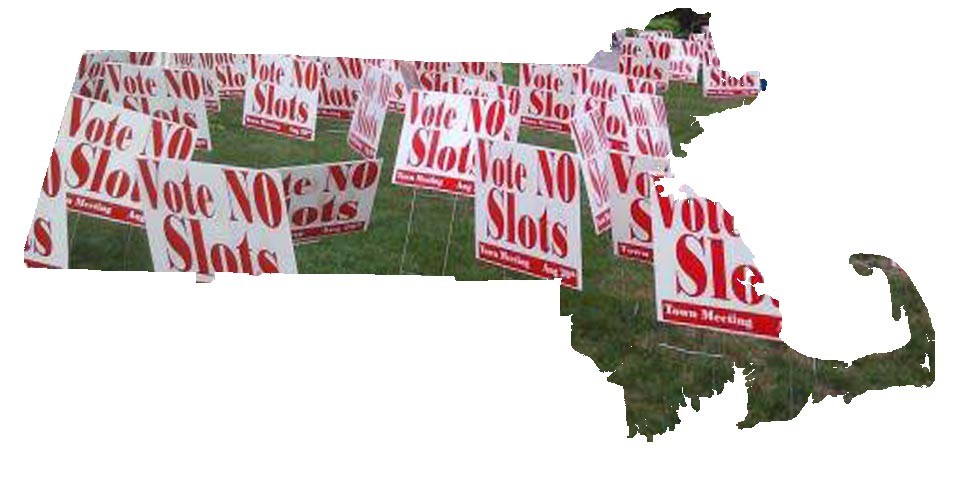 Thirty-one reasons why casinos matter, whether you gamble or not
Thirty-one reasons why casinos matter, whether you gamble or not The facts behind the hype
The facts behind the hype How gambling got confused with real economic development
How gambling got confused with real economic development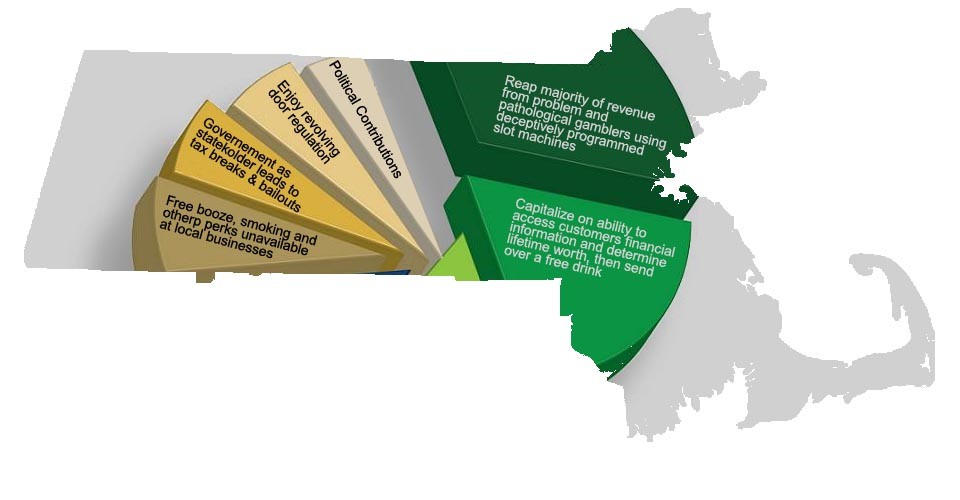 Perks, politics and predatory practices that can quickly deplete a family's financial resources
Perks, politics and predatory practices that can quickly deplete a family's financial resources The invisible dark reality of expanded gambling
The invisible dark reality of expanded gambling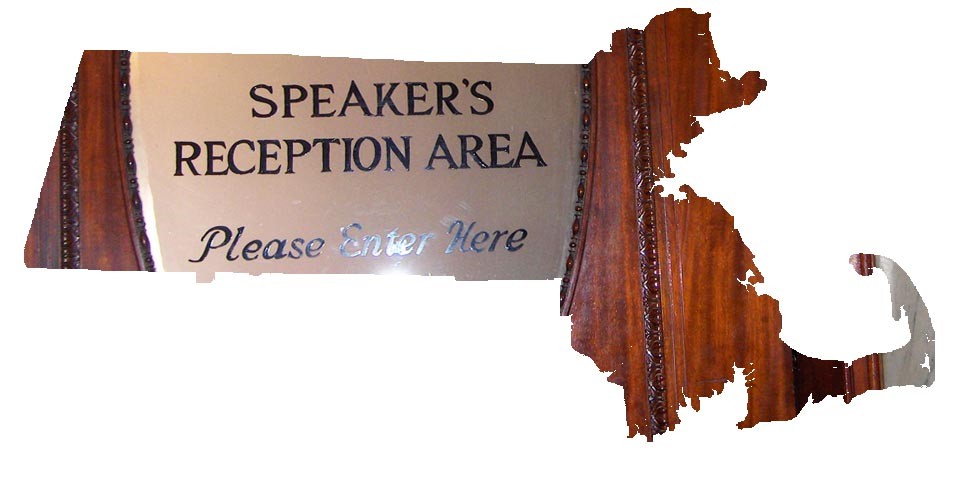 Who really benefits from casinos and slots parlors
Who really benefits from casinos and slots parlors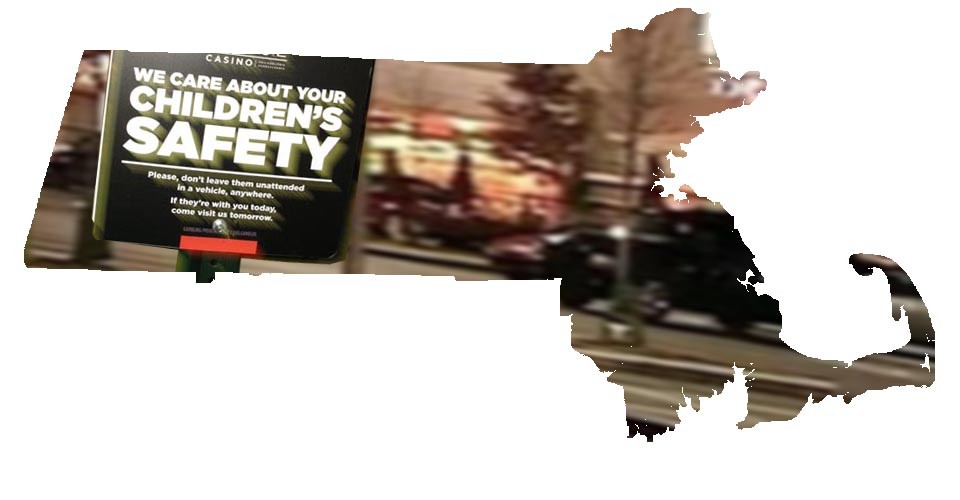 A growing phenomenon
A growing phenomenon 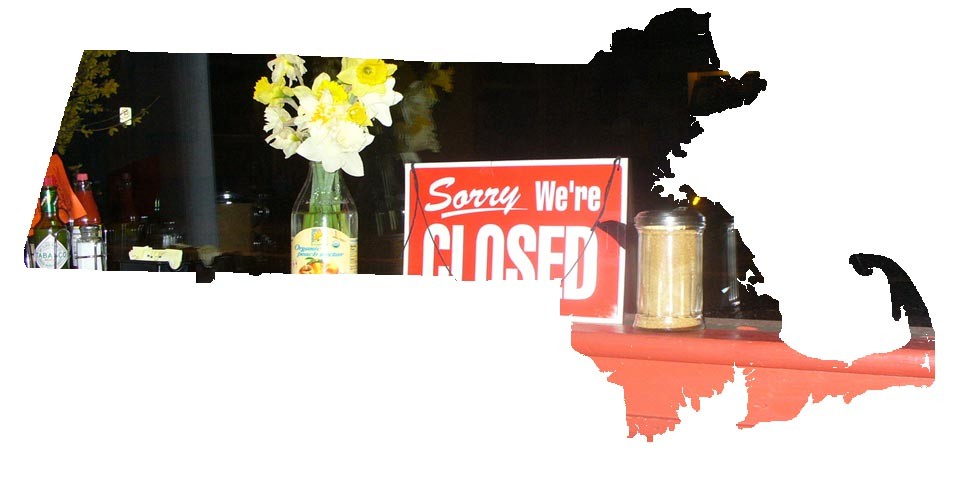 How casinos hurt, not help local economies
How casinos hurt, not help local economies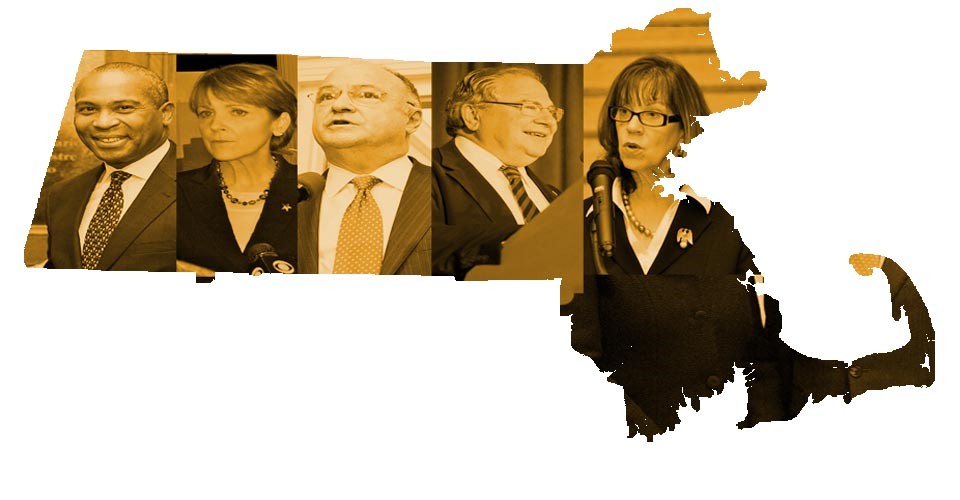 Meet the folks who want to give YOU a casino - and fight to keep one out of their OWN town
Meet the folks who want to give YOU a casino - and fight to keep one out of their OWN town Expect delays...
Expect delays... And comparisons neglect profound differences
And comparisons neglect profound differences Deceptive technology designed to make you to "play to extinction" - an actual industry term
Deceptive technology designed to make you to "play to extinction" - an actual industry term New casinos won't 'recapture' gamblers - they'll create more gamblers, more addiction, and more problems for everyone
New casinos won't 'recapture' gamblers - they'll create more gamblers, more addiction, and more problems for everyone A corrosive, unseen toll on families that includes domestic violence, child abuse, divorce, bankrupty & foreclosure
A corrosive, unseen toll on families that includes domestic violence, child abuse, divorce, bankrupty & foreclosure Who we are and why we speak out
Who we are and why we speak out More ways to trip up our youth - and even the industry admits they can't stop it
More ways to trip up our youth - and even the industry admits they can't stop it How market saturation is creating layoffs,
bailouts, bankuptcies and budget shortfalls
How market saturation is creating layoffs,
bailouts, bankuptcies and budget shortfalls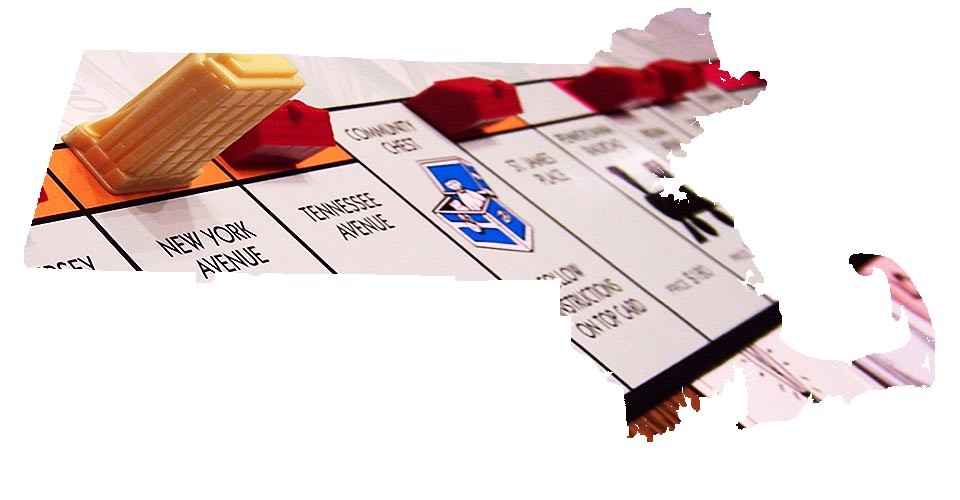 A new report calls the effect of casinos on home values "unambiguously negative"
A new report calls the effect of casinos on home values "unambiguously negative" One out of ten people over 65 are at risk of financial problems because of gambling
One out of ten people over 65 are at risk of financial problems because of gambling Federal recognition never made
a tribal casino a done deal
Federal recognition never made
a tribal casino a done deal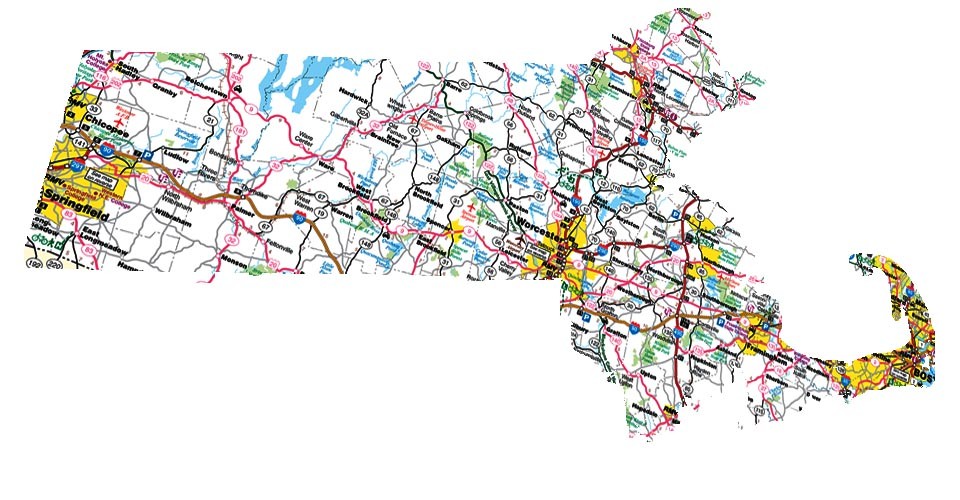 Because everyone in Massachusetts will live within 50 miles of a casino
Because everyone in Massachusetts will live within 50 miles of a casino
 |
The Massachusetts Legislature did not pass a gambling bill because casinos and slot parlors were a good idea.Numerous other factors had been at work, such as deep-pocketed lobbyists, special interests, political pressure, bogus numbers, inflated projections, misinformation and confusion over federal Indian policy, and the urgency to stimulate the economy during one of the nation's longest recessions. After thirty years of debate and voting NO on the issue of expanded gambling...The Massachusetts legislature found itself with three very pro-casino lawmakers filling the highest ranking seats in State Government - Governor Deval Patrick, House Speaker Bob DeLeo and and Senate President Therese Murray.All of whom, it would later be revealed, did not want a casino anywhere near them. Helping to further grease the skids, the gambling industry pumped a record $11.4 million into lobbying efforts on Beacon Hill in the five years leading up to the 2011 vote to legalize casinos. Since then, some cities and towns have voted to host casinos, while others have voted no. Residents of surrounding cities and towns, often closely abutting proposed casinos have had no vote whatsoever. And at least one city - East Boston - voted NO, only to watch as casino investors were given a second chance at another vote in the city right next door. Negative Impacts.The gambling bill was not passed because of a lack of evidence. The Governor and Legislature were presented with mountains of information, such as how the gambling industry's business model really works, the predatory practices they employ, and how they reap the lion's share of their profits from problem and pathological gamblers. Scientists explained how modern slot machines create addiction by design, putting players into the "machine zone" where casinos can get them to "play to extinction" - an actual industry term - and why the brain scans of gambling addicts look the same as those of crack cocaine addicts. Addiction specialists tried to dispel the notion that gambling addiction was a mostly harmless activity that effected only a small percentage of players. Lawmakers were presented with evidence of the negative impacts that casinos have had on other cities and towns across the country, and proof that crime does, in fact, increase with casinos. They were warned about the real potential for market saturation, the prevelance of child abandonment, suicide, underage gambling and increased financial hardships for the elderly. They were provided with solid information about Federal Indian policy, casino employment, business cannibalization and gambling as economic policy. They were shown how the negative impacts of a casino extended 50 miles beyond the host community. Local officials and citizens presented concerns over loss of property value, excessive traffic, and dangers to the environment, water supplies and infrastructure. And they were requested, repeatedly, to perform an independent and complete cost benefit analysis and see for themselves. But lawmakers refused, instead spending taxpayer dollars on superficial, meaningless benefit-only reports from non-independent industry insiders and those who would benefit from casinos and slots parlors. State as Stakeholder.After his release from prison, former lobbyist Jack Abramoff was asked what he thought about the prospect of casinos in Massachusetts. He replied, "They will own your state." And so, perhaps the most onerous negative impact of legalizing casinos and slots parlors is that Massachusetts will become a powerful, de facto partner of the gambling industry. With a budgetary dependence on casino revenue, our state now becomes a stakeholder in the gambling industry, obligated by necessity and self-interest to ensure and maintain casino revenues above a certain threshold - and in these days of market saturation those revenues are dropping fast. State governments react predictably: In Delaware, New Jersey and Rhode Island the tables have already turned, and now, instead of providing unlimited revenue, casinos have received taxpayer breaks, bailouts, and concessions to stay afloat. In Connecticut, the casinos have been laying off employees. On-line gambling is expected to take another big chunk out of the gambling market. In pursuit of more revenue, New Jersey also repealed a smoking ban that had put in place to protect casino workers. In California they lowered the gambling age to 18. Midwest riverboat casinos, originally intended to float down the river and return patrons after a set time to keep losses low, quickly became 'boats in a moat' – full-fledged permanently-docked casinos sitting in a foot of water. States have also abandoned formerly imposed wagering or loss limits. In Iowa and Illinois measures like these resulted in existing gamblers losing more money as opposed to increasing the number of gamblers. Rhode Island's Twin River slots parlor was supposed to save racing, but when it still couldn't make enough money, it filed for bankruptcy, was allowed to jettison the track, extended its hours to 24/7 and added table games to become a full-fledged casino. A push by lawmakers looking to help solve Connecticut's multibillion-dollar deficit by extending casino liquor hours was cut short only after a patron leaving Mohegan Sun plowed into a van full of college students, killing one of them. Recently, Maryland lawmakers diverted $3 Million in community mitigation money from a casino earmarked for neighborhood projects and job placement services for the unemployed to pay for a major repair to an underground steam pipe system - so that the casino could open on time and the State start receiving revenue. Anyone who thinks it will be different here in Massachusetts, in ever-tighter gambling market made tighter by the addition of three casinos and a slots parlor are fooling themselves. The State will do whatever it needs to keep revenue at sufficient levels. That's what a good stakeholder does. Mitigation as panacea.The currency of casino leglislation in Massachusetts is known as mitigation - money the casino is obligated to shell out to help make people feel better about their quality of life getting worse. This money may be slated for traffic "mitigation" or crime "mitigation" or "mitigation" attractively re-branded as funding for education - but one thing is clear, the money the gambling industry pays to be able to play in Massachusetts, to the State, to the host and surrounding communities, either in revenue or mitigation, is not a gift. It is money that was lost by people in the region around the casino. And not at inclusive restaurants and shops - those are just the industry's window dressing. It is money that was lost on the casino floor by means of using deceptive technology and predatory business practices, with the majority from problem and pathological gamblers. This is why gambling revenue is often referred to as a "shell game". It's all the same money, just shuffled around differently - with increasingly corrosive results to society as a whole. Ask yourself, if casinos are so great for Massachusetts then why have...
...all publicly admitted they don't want to live near one?And why...
|
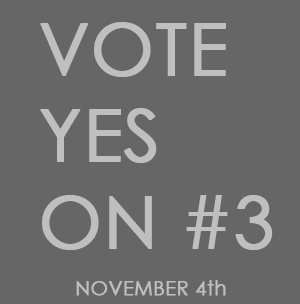
Tweets by @CasinoFreeMass
When Steve Wynn wanted to build his casino in Foxboro, concerned citizens traveled to Connecticut, to the towns that host and surround Foxwoods and Mohegan Sun, and asked the folks who live and work their for their honest opinions about what it's really like having a mega casino for a neighbor. Then they created this video. Imagine if a manufacturer wanted to build four factories in Massachusetts, but this particular type of factory will eventually poison the water supply to the entire State. So the owner offers to pay damages in advance, and lawmakers claim that the jobs created will outweigh the negative impacts. The water supply will still be poisoned, and people will still be hurt - and the 'mitigation' may not even go to the victims. Would the people of Massachusetts still be willing agree to strike this deal? Watch more videos in our multimedia library! |



|
|